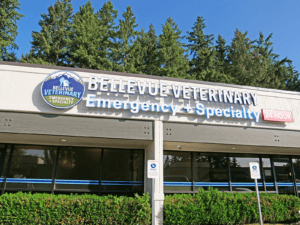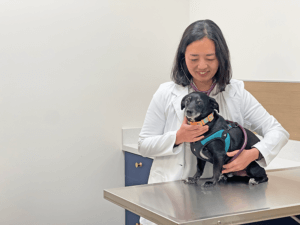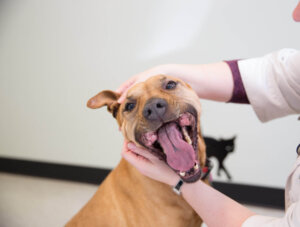
Emergency or Urgent Vet Care? What Every Pet Parent Should Know
When your pet is suddenly sick or injured, it can be hard to know what kind of care they need and how quickly they need it. Understanding the difference between emergency and urgent care for pets helps ensure your pet gets the right treatment, faster, and can even improve outcomes during stressful situations. What Is Emergency Veterinary Care? Emergency veterinary






